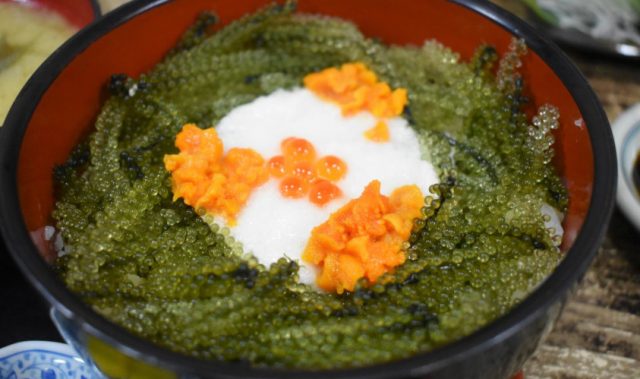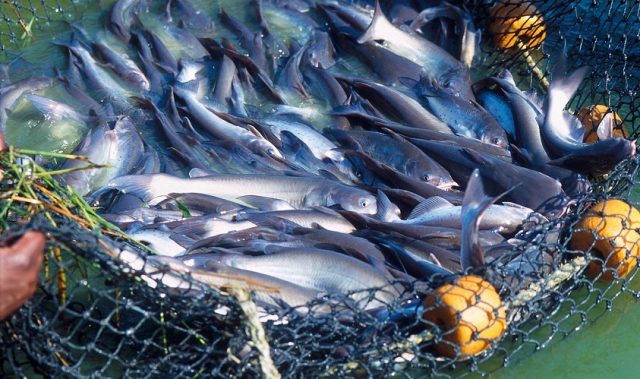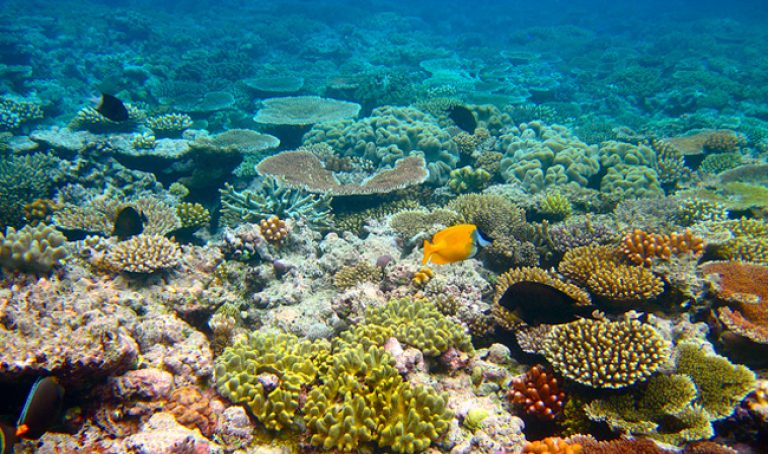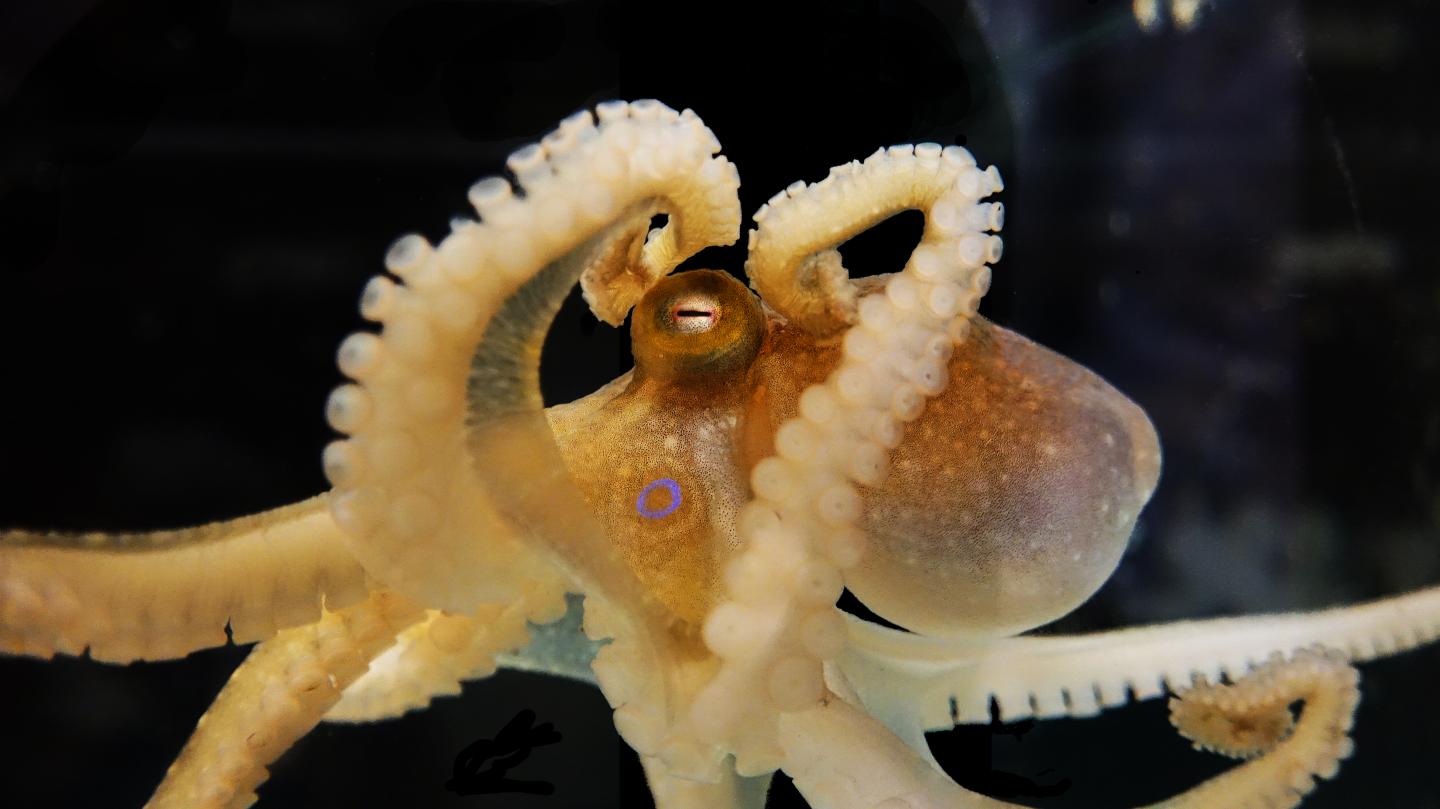
AsianScientist (Aug. 10, 2016) – Scientists in Japan have decoded the genome of mozuku, a unique Okinawan seaweed that is vulnerable to climate change. The work was published in the journal DNA Research.
Scientifically known as Cladosiphon okamuranus, mozuku is popular in Japanese cuisine, and it has been farmed for more than 35 years. This alga is also a natural source of fucoidan, which has unique tumor-suppressing and anti-coagulant properties.
When the production of mozuku dropped in 2015 due to rising ocean temperatures, political institutions and research centers started to collaborate on ways to preserve this Okinawan treasure. For one, Drs. Koki Nishitsuji, Asuka Arimoto, Noriyuki Satoh and Eiichi Shoguchi from the Marine Genomics Unit of the Okinawa Institute of Science and Technology Graduate University led an effort to decode a specific strain of Okinawan mozuku called the S-strain.
From their studies and comparisons with existing transcriptomic data, the researchers now know that the S-strain is made up of 13,640 protein-coding genes. They identified genes that encode enzymes involved in biosynthetic pathways for sulfated fucans and alginate biosynthesis, as well as for phlorotannin biosynthesis.
“Brown algae are also called ‘seaweed bed’ or ‘underwater forest,’ and several marine organisms use these algae as a nesting place,” Nishitsuji said. “Having full access to the Okinawan mozuku’s DNA will help in clarifying the evolutionary strategy of brown algae and its relationship with the surrounding environment.”
The researchers say the genetic information may allow others to develop a mozuku variety that thrives in hotter waters, which may help fishermen in their struggle against dropping seaweed levels.
The article can be found at: Nishitsuji et al. (2016) A Draft Genome of the Brown Alga, Cladosiphon okamuranus, S-strain: a Platform for Future Studies of ‘Mozuku’ Biology.
———
Source: OIST; Photo: Yusuke Sudo.
Disclaimer: This article does not necessarily reflect the views of AsianScientist or its staff.












